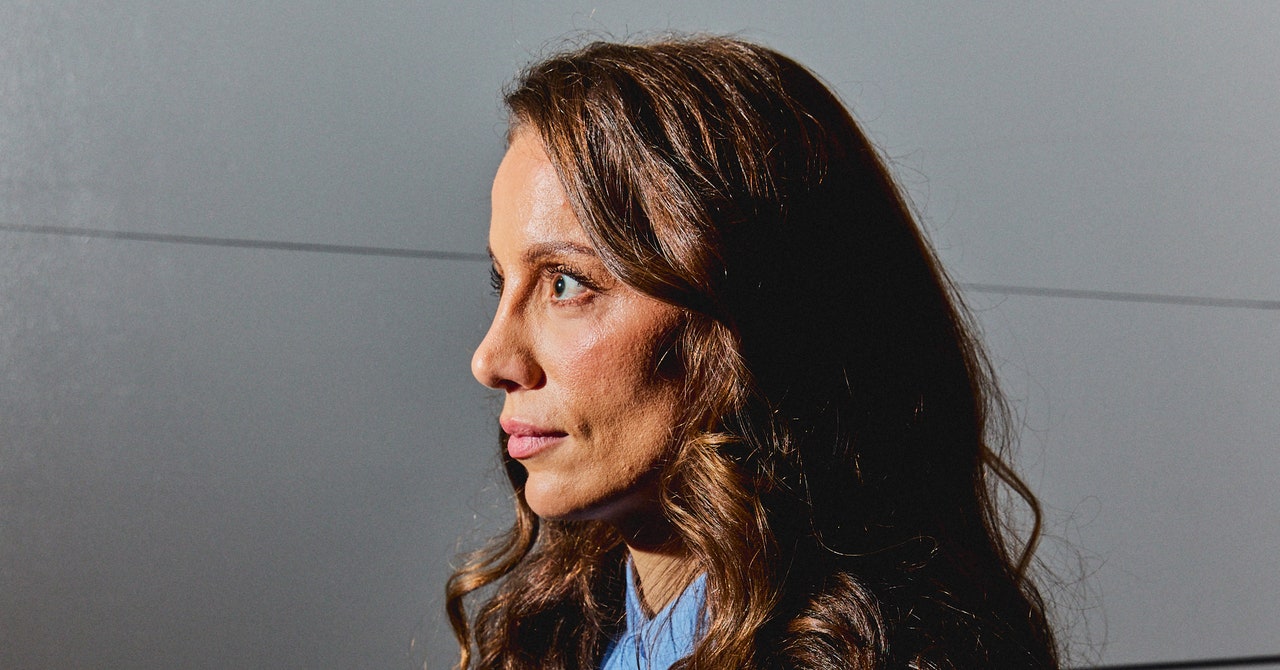Former OpenAI executive Mira Murati says it could take decades, but AI systems eventually will perform a wide range of cognitive tasks as well as humans doâa prospective technological milestone widely known as artificial general intelligence, or AGI.
âRight now, it feels quite achievable,â Murati said at WIREDâs The Big Interview event in San Francisco on Tuesday. In her first interview since resigning as OpenAIâs chief technology officer in September, Murati told WIREDâs Steven Levy that sheâs not overly concerned about recent chatter in the AI industry that developing more powerful generative AI models is proving challenging.
âCurrent evidence shows that progress will likely continue,â Murati said. âThereâs not a lot of evidence to the contrary. Whether we need new ideas to get to AGI-level systems, thatâs uncertain. Iâm quite optimistic that the progress will continue.â
The remarks reflect her enduring interest in trying to find a way to bring increasingly capable AI systems into the world despite splitting from OpenAI. Reuters reported in October that Murati is founding her own AI startup to develop proprietary models and that it could raise over $100 million in venture capital funding. On Tuesday, Murati declined to elaborate about the venture.
âIâm figuring out what itâs going to look like,â she said. âIâm in the midst of it.â
Murati started out in aerospace and then Elon Muskâs Tesla, where she worked on the Model S and Model X electric cars. She also oversaw product and engineering at virtual reality startup Leap Motion before joining OpenAI in 2018 and helping manage services such as ChatGPT and Dall-E. She became one of OpenAIâs top executives and was briefly in charge last year while board members wrestled with the fate of CEO Sam Altman.
Mira Murati and Steven Levy at The Big InterviewPhotograph: Tristan deBrauwere
When Murati resigned, Altman credited her for providing support through difficult times and described her as instrumental to OpenAIâs growth.
Murati didnât publicly specify why she left OpenAI other than to say the moment felt right to pursue personal exploration. Dozens of early OpenAI employees have left the nonprofit in recent years, some over their frustration with Altmanâs increasing focus on generating revenue over pursuing purely academic research. Murati told WIREDâs Levy that thereâs been âtoo much obsessionâ over departures and not enough on the substance of AI development.
She pointed to work on producing synthetic data to train models and the growing investment in computing infrastructure to power them as important areas to follow. Breakthroughs in those areas will enable AGI someday, she said. But itâs not all technological. âThis technology is not intrinsically good or bad,â she said. âIt comes with both sides.â Itâs up to society, Murati said, to collectively keep steering the models toward goodâso weâre well prepared for the day AGI comes.


